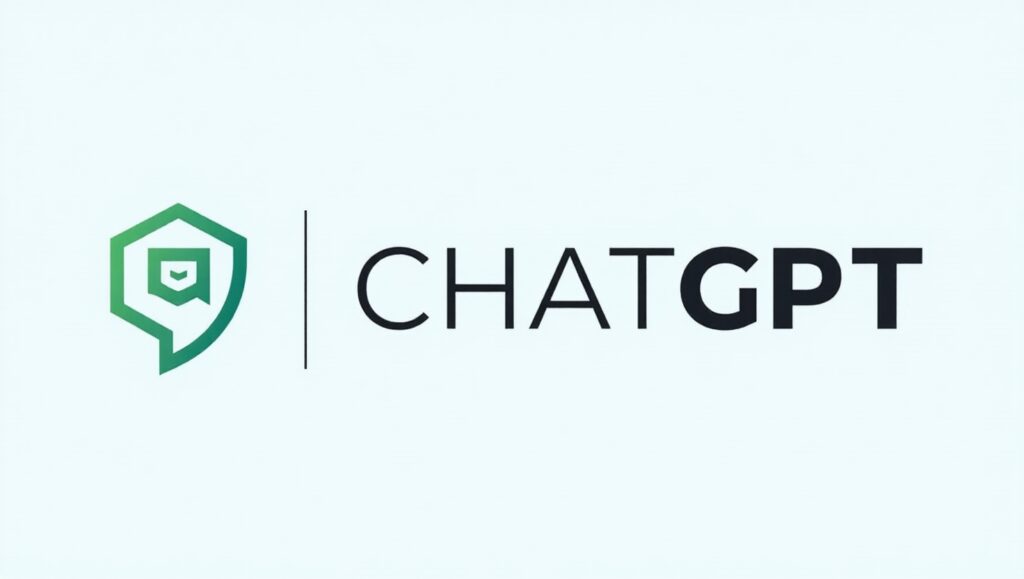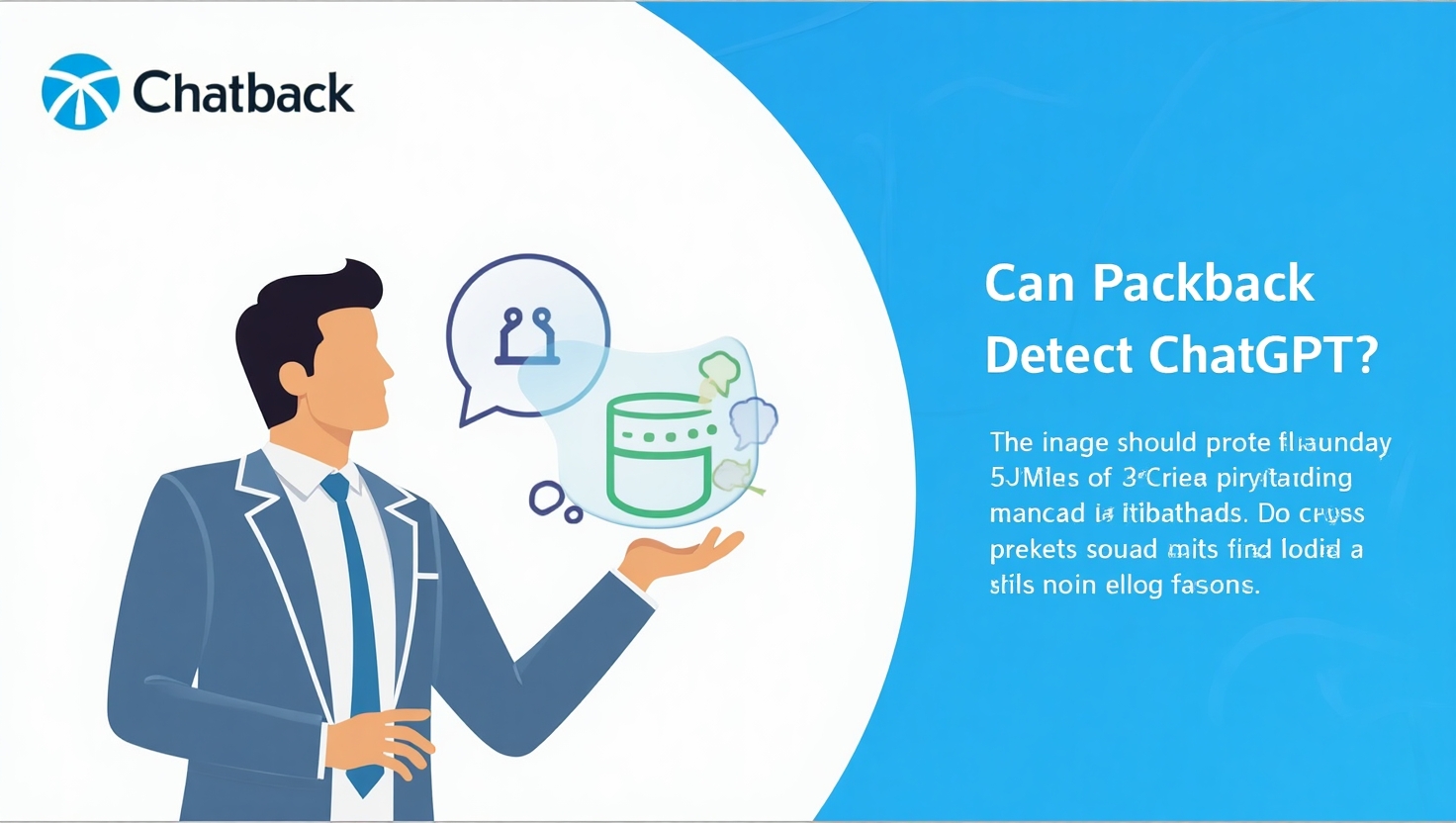As AI tools like ChatGPT become common in education, questions about academic integrity arise. Students and educators want to know: can Packback, a popular learning platform, detect when ChatGPT or similar AI tools are used?
What is Packback?
Packback is an AI-powered platform designed to enhance learning through critical thinking and student engagement. It offers two main tools:
- Packback Questions: A discussion forum where students post and respond to questions, encouraging thoughtful dialogue.
- Deep Dives: An essay writing platform that provides AI-driven feedback to improve writing skills.
Packback uses AI to support learning while ensuring academic honesty. Its tools help instructors moderate discussions, detect plagiarism, and identify AI-generated content. For more on AI in education.

Packback’s AI Detection Capabilities
Packback introduced its AI writing detection feature on December 22, 2022, in response to the growing use of AI tools like ChatGPT, which was released on November 30, 2022. This feature is integrated into Packback Questions and Deep Dives, helping instructors identify AI-generated text.
How Does It Work?
Packback’s detection technology analyzes text for signs of AI generation, including:
- Repetitive phrases or predictable structures: AI models like ChatGPT often produce formulaic text.
- Lack of originality: Content that lacks unique ideas or perspectives may be flagged.
- Writing style inconsistencies: Packback compares submissions to a student’s past work to detect differences.
The system can detect content from various AI models, including ChatGPT, Claude, and Gemini. Packback also offers a unique “Originality Fingerprint” report, allowing students to preview potential issues with AI use or plagiarism before submitting their work. This feature promotes transparency and learning.
Additional Features
Beyond AI detection, Packback provides:
- Plagiarism detection: Checks submissions against online sources.
- Profanity filtering: Ensures appropriate language in discussions.
- Source quality checks: Evaluates the credibility of cited references.
These tools make Packback a comprehensive platform for maintaining academic standards, as noted in Packback’s AI Detection.
How Effective is Packback’s AI Detection?
Packback claims a false positive rate of less than 0.01%, which is lower than many competitors, who report rates around 1%. This suggests high reliability. However, no detection system is perfect, especially as AI tools like ChatGPT produce increasingly human-like text.
User Experiences
User feedback from platforms like Reddit shows mixed results:
- Some students report using ChatGPT for minor tasks like grammar or formatting without being detected, especially when encouraged by instructors.
- Others have had posts flagged as AI-generated, requiring rewrites, indicating that detection can work in some cases.
For example, a Reddit user noted their post was unpublished due to AI detection, while another expressed skepticism about the tool’s reliability, citing false positives Reddit Discussion.
Limitations
Packback’s detection faces challenges:
- Advanced AI Outputs: As AI models improve, their text becomes harder to distinguish from human writing.
- Edited Content: Heavily edited AI-generated text may evade detection.
- False Positives: Though rare, incorrect flagging can occur, requiring manual review by instructors.
These limitationsであ
- Comparison Table:
| Feature | Packback | Other Tools |
|---|---|---|
| False Positive Rate | <0.01% | ~1% (e.g., Turnitin) |
| AI Models Detected | ChatGPT, Claude, Gemini, etc. | Varies by tool |
| Student Feedback | Originality Fingerprint report | Limited or none |
| Additional Checks | Plagiarism, profanity, source quality | Mostly plagiarism-focused |
Broader Implications for Education
AI tools like ChatGPT offer benefits, such as helping students brainstorm or refine their writing. However, using them to pass off work as original raises ethical concerns. Packback’s approach balances these challenges by:
- Encouraging Responsible Use: The “Originality Fingerprint” report helps students learn to cite AI use properly.
- Supporting Instructors: Detection tools save time by flagging potential issues for review.
- Promoting Learning: AI-driven feedback improves writing and critical thinking skills.
This aligns with the broader goal of using AI to enhance education, as discussed in Forbes: AI in Education.
Alternatives and Workarounds
Some students use AI humanizer tools to make ChatGPT’s output appear more human-like, reducing the chance of detection. These tools adjust text to avoid repetitive patterns or unnatural structures. However, this practice raises ethical questions about academic honesty.
Instead of bypassing detection, students can:
- Use ChatGPT for brainstorming or editing, with proper attribution.
- Follow instructor guidelines on AI use, as some encourage it for specific tasks.
Final Thoughts
Packback’s ability to detect ChatGPT reflects the growing need to balance AI’s benefits with academic honesty. Its tools not only catch misuse but also teach students how to use AI ethically. For educators, Packback simplifies moderation while supporting student growth. By understanding and respecting these tools, students and instructors can make the most of AI in education.
